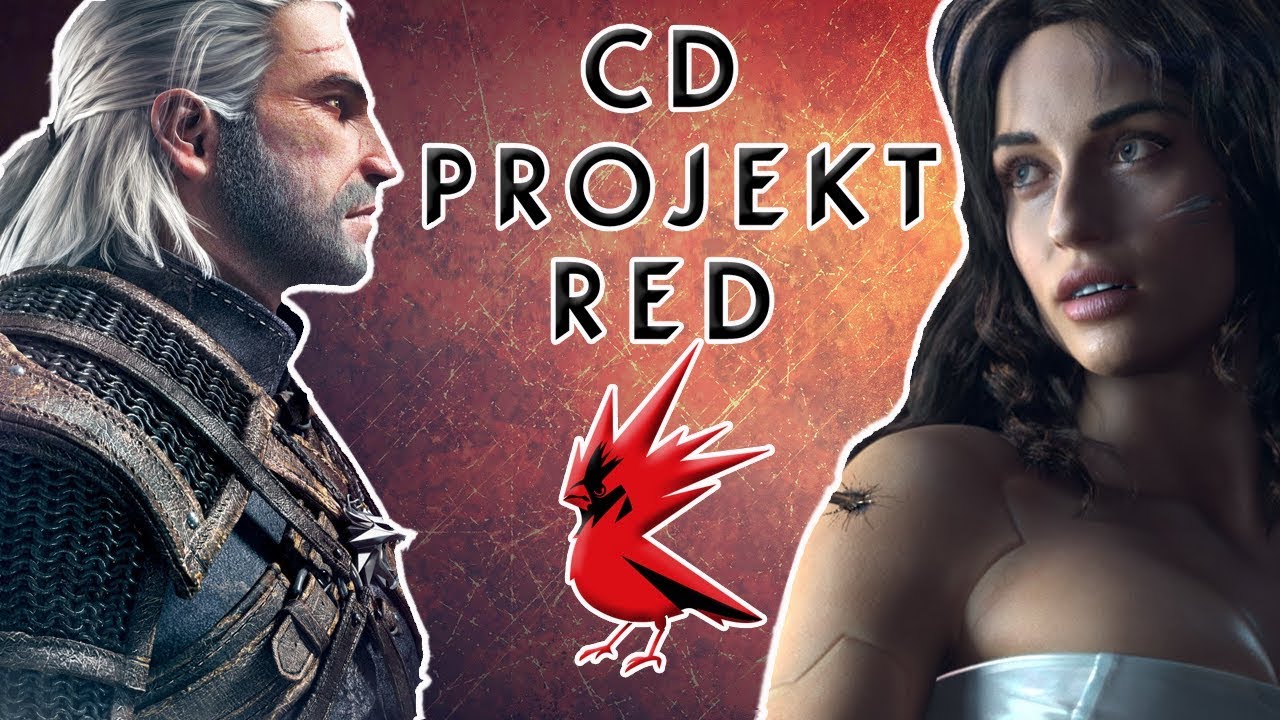In the vast cosmos of video game development, few tasks loom larger than crafting a sequel to a universally acclaimed masterpiece. When that masterpiece happens to be The Witcher 3: Wild Hunt, a game that captivated millions, garnered critical adoration, and sold over 60 million copies, the challenge escalates from formidable to downright Herculean. CD Projekt Red, the Polish studio behind this titan, now faces the unenviable yet exciting prospect of building its successor: The Witcher 4. The question echoing through the halls of game development, and indeed, within the minds of countless fans, is simple yet profound: How do you top perfection?
The Developer`s Honest Admission
The weight of expectation is palpable, even for seasoned creators. Philipp Weber, the Narrative Director for The Witcher 4, candidly acknowledged this pressure in a recent interview, stating, “I`m like, `Yeah, how are we going to do that?`” This isn`t the flippant remark of a developer daunted by the task, but rather a pragmatic recognition of the high bar set by their own previous work. It’s a moment of relatable honesty that underscores the immense creative and technical undertaking ahead.
Beyond the Numbers: A Philosophy of “Justice”
Interestingly, CD Projekt Red isn`t aiming to simply “outdo” The Witcher 3 in terms of sales figures or arbitrary review scores. Instead, their philosophy is rooted in a deeper ambition: to do justice to the legacy. Weber articulated this by emphasizing the studio`s commitment to retaining the core ethos that shaped Wild Hunt. “We want to take the philosophy we had during The Witcher 3—how to make a game, how to really care about these things, how to tell stories—and keep that philosophy,” he explained.
This approach suggests a studio confident in its foundational principles, rather than one frantically chasing the next big trend. It`s an inward reflection, focusing on the quality of craft and storytelling that defined their previous success, rather than a quantifiable, external benchmark.
The Virtue of “Creative Chaos” and “Getting it Done”
Part of this retained philosophy involves embracing what Weber affectionately describes as “good creative chaos.” In a world increasingly dominated by rigid corporate structures and meticulously planned pipelines, the idea of a “vibe-based” development process might seem almost quaint. Yet, for CD Projekt Red, it means fostering an environment where developers are empowered to act beyond their specific job descriptions, to push boundaries, and to pursue effective solutions with a pragmatic “get it done” attitude.
This isn`t an endorsement of anarchy, of course, but rather a lean, almost guerilla-style spirit of innovation. “Sometimes I like to just say, `Get it done. Do it dirty. Do it the way we used to do it!`” Weber quipped. It`s a charmingly human approach to game creation, suggesting that some of the most magical elements emerge from organic collaboration and a willingness to simply execute a good idea, even if it deviates slightly from the initial blueprint. Perhaps in this controlled chaos lies the secret ingredient for the Witcher series` distinct charm.
Forging New Narratives: A True Sequel, With New Questions
While honoring the past, The Witcher 4 is decidedly a “true sequel.” This means it must evolve, presenting “new questions” to its audience and its world. The risk, as Weber pointed out, is “just redoing what we did before.” This is a critical insight, as even the most beloved formulas can grow stale without genuine innovation. The narrative focus on Ciri, while sparking some debate among a vocal minority, stands as a prime example of this commitment to fresh perspectives. It`s a deliberate choice to explore new facets of the Witcher universe, rather than simply treading familiar ground with a new coat of paint.
The goal is a delicate equilibrium: “a healthy mix of really moving forward and also trying out some new things, but doing justice to what was there, not trying to beat it.” This balanced ambition is precisely what fans should hope for – a game that feels both familiar in its quality and fresh in its experience.
The Road Ahead: Patience and Perspective
As with all grand undertakings, patience is a virtue. The Witcher 4 isn`t expected to materialize before 2027, highlighting the vast scope and meticulous attention to detail required for such a project. This long development cycle is also a testament to CD Projekt Red`s multifaceted ambitions, with other significant projects like Cyberpunk 2 and a remake of the original Witcher game also underway. The studio is clearly not resting on its laurels, committing to a diverse portfolio that will shape the gaming landscape for years to come.
Ultimately, The Witcher 4 stands as a fascinating case study in creative evolution. It`s not about replicating past glories, but about understanding the essence of what made them glorious in the first place, and then daring to build something new upon that sturdy foundation. CD Projekt Red’s candid acknowledgement of the challenge, coupled with their clear philosophy of creative liberty and narrative progression, suggests that while topping The Witcher 3 might be an impossible metric, doing it justice – and perhaps, in the process, forging a new, equally compelling masterpiece – is a very real possibility.

